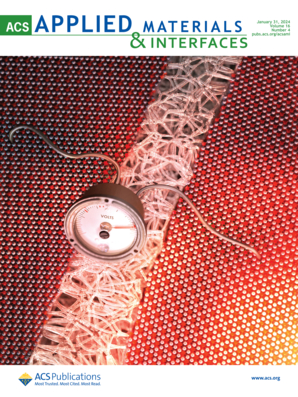ReCRec:推理有偏差推荐的内隐反馈原因
IF 8.3
2区 材料科学
Q1 MATERIALS SCIENCE, MULTIDISCIPLINARY
引用次数: 0
摘要
隐式反馈(如用户点击)被广泛用于构建推荐系统(RS)。然而,与生俱来的暴露偏差会严重影响推荐性能。曝光偏差指的是隐式反馈受用户曝光的影响,不能准确反映用户偏好的现象。目前解决暴露偏差的方法主要是降低未点击数据的置信度、采用暴露模型或利用倾向分数。遗憾的是,这些方法往往会导致估计偏差或模型方差增大,从而产生次优结果。 为了克服这些局限性,我们提出了一种新方法 ReCRec,该方法能找出有偏差的推荐隐含反馈背后的原因。ReCRec 可识别未点击数据背后的三种情况--即未曝光、不喜欢或两者兼而有之。推理模块用于推断每个实例所属的类别。因此,该模型能够从未曾点击的数据中提取可靠的积极和消极信号,从而促进更准确地学习用户偏好。我们还进行了深入的理论分析,以证明 ReCRec 的去偏差性和低方差性。在半合成数据集和真实数据集上进行的大量实验验证了其优于最先进方法的性能。本文章由计算机程序翻译,如有差异,请以英文原文为准。
ReCRec: Reasoning the Causes of Implicit Feedback for Debiased Recommendation
Implicit feedback (
e.g
., user clicks) is widely used in building recommender systems (RS). However, the inherent notorious
exposure bias
significantly affects recommendation performance. Exposure bias refers a phenomenon that implicit feedback is influenced by user exposure, and does not precisely reflect user preference. Current methods for addressing exposure bias primarily reduce confidence in unclicked data, employ exposure models, or leverage propensity scores. Regrettably, these approaches often lead to biased estimations or elevated model variance, yielding sub-optimal results.
To overcome these limitations, we propose a new method
ReCRec
that
Re
asons the
C
auses behind the implicit feedback for debiased
Rec
ommendation. ReCRec identifies three scenarios behind unclicked data —
i.e.
, unexposed, dislike or a combination of both. A reasoning module is employed to infer the category to which each instance pertains. Consequently, the model is capable of extracting reliable positive and negative signals from unclicked data, thereby facilitating more accurate learning of user preferences. We also conduct thorough theoretical analyses to demonstrate the debiased nature and low variance of ReCRec. Extensive experiments on both semi-synthetic and real-world datasets validate its superiority over state-of-the-art methods.
求助全文
通过发布文献求助,成功后即可免费获取论文全文。
去求助
来源期刊

ACS Applied Materials & Interfaces
工程技术-材料科学:综合
CiteScore
16.00
自引率
6.30%
发文量
4978
审稿时长
1.8 months
期刊介绍:
ACS Applied Materials & Interfaces is a leading interdisciplinary journal that brings together chemists, engineers, physicists, and biologists to explore the development and utilization of newly-discovered materials and interfacial processes for specific applications. Our journal has experienced remarkable growth since its establishment in 2009, both in terms of the number of articles published and the impact of the research showcased. We are proud to foster a truly global community, with the majority of published articles originating from outside the United States, reflecting the rapid growth of applied research worldwide.
 求助内容:
求助内容: 应助结果提醒方式:
应助结果提醒方式:


